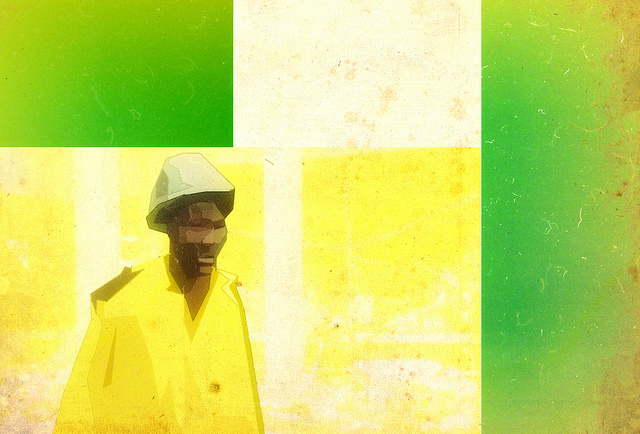Nigeria is the verge of sending people to jail for their tweets and Facebook posts. A new bill introduced last month would impose prison sentences of up to two years and fines of up two million Naira ($10,000) for posting “abusive” content on social media. The bill is a dangerous assault upon free expression, and Access Now is working closely with our partners in Nigeria to oppose it.
Already, people in Nigeria are mobilizing against this bill. Civil society groups including Paradigm Initiative are calling for a one million man march on Tuesday, December 8. And on social media, Nigerians are using the hashtag #Notosocialmediabill to build opposition.
Below we take a look at what’s in the bill and what will happen next.
What’s in the bill
The bill, introduced by Senator Bala Ibn Na’Allah in the Senate, is officially called “An act to prohibit frivolous petitions; and other matters connected therewith.” In the first few clauses, the bill requires any person submitting a petition to the government to have an accompanying affidavit. This requirement by itself would harm government transparency, making it more difficult, and costly, to complain about public services or graft. However, the bill goes much further. Section 3(4) states:
Where any person through text message, tweets, WhatsApp or through any social media post any abusive statement knowing same to be false with intent to set the public against any person and / or group of persons, an institution of government or such other bodies established by law shall be guilty of an offence and upon conviction shall be liable to an imprisonment for 2 years or a fine of N2,000,000 or both such fine and imprisonment.
The criminal penalty and the roughly U.S.$10,000 fine would significantly chill speech in the country, especially when the average yearly income is just under $3,000. WhatsApp, owned by Facebook, and Twitter are specifically named in the text, catching their users in the dragnet of the bill. Since there are 15 million Facebook users in Nigeria, that net is large.
What’s happened so far
The bill has passed the first and second readings in the first chamber of the legislature, the Senate. The Senate is required to hold a public hearing before the third reading, after which the bill will be forwarded to House of Representatives for debate. President Muhammadu Buhari has recently indicated that he will not support a law that violates free speech, but his veto can be overturned through a supermajority in the National Assembly.
Nigeria’s constitution has strong free expression protections that have led to a vibrant free press and media, so the bill cuts strongly against this spirit of openness. The African Charter on Human and Peoples’ Rights also guarantees the right to freedom of expression under article nine. Internationally, free expression is protected under Article 19 of the International Covenant on Civil and Political Rights.
What you can do
We encourage you to voice your opposition to the social media bill using the hashtag #Notosocialmediabill. If you’d like to stay updated, we invite you to follow us on Twitter or on Facebook.
Photo by Surian Soosay on Creative Commons
